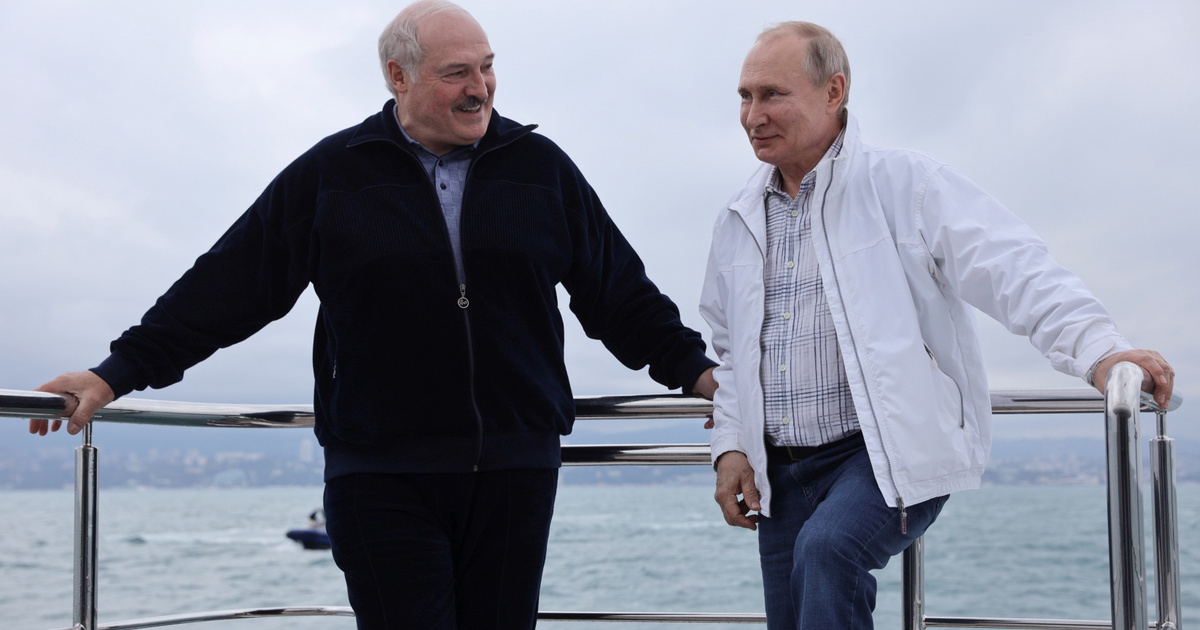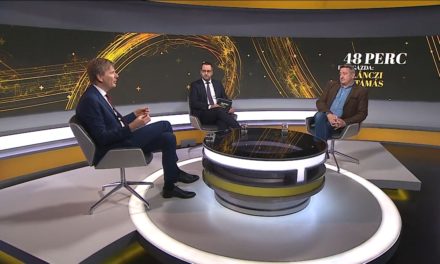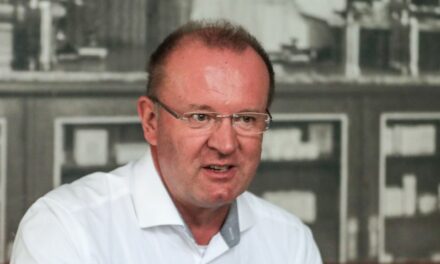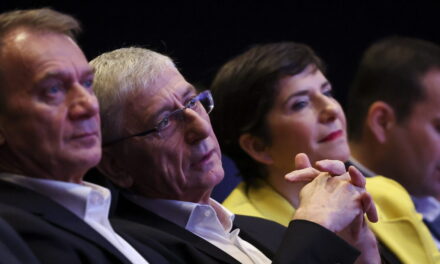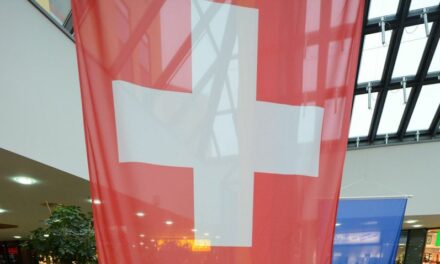Our leaders are too weak to enforce their will, writes Aris Roussinos, foreign affairs editor and former war reporter on the UnHerd website.
The latest attack by the leader of oil-rich Azerbaijan, Ilham Aliyev, against Armenia has once again put the European Union in an awkward position. On the one hand, because EU leaders keep reminding us that we stand for liberalism and democracy against Eurasian autocracy. On the other hand, because European leaders such as Ursula von der Leyen, who signed an EU energy agreement with Aliyev just a few months ago, feel compelled to place the fate of the continent in the hands of anti-democratic "strongmen", such as Erdogan or Lukashenko, who they pump migrants towards Europe's borders, or like Putin and Aliyev, who provide Europe's energy needs.
Is it pointless to argue whether this situation stems from hypocrisy or bad diplomacy? Yet this is the crux of the puzzle facing EU geopolitics: how to defend Europe's liberal-democratic ideology in a world in which the EU is too weak to enforce its will, while the continent's closest neighbors are emboldened and resolutely rejecting the moral our standards?
An entity that claims to be a moral superpower lacks a basic understanding of power: where and how to use it? But even worse, Europe's leaders also lack the basic willingness to act decisively to protect European interests.
In his 1951 masterpiece The Forest Passage, the writer and philosopher Ernst Jünger
Among these is the assumption that the inviolability of the home is based on and guaranteed by the constitution. In fact, however, it rests on the father of the family, who, accompanied by his sons, stands at the threshold of his house with an ax.
A naïve and self-righteous belief in the smooth functioning of liberal institutions only serves to render it powerless when faced with a challenger who does not respect its rules of the game:
ultimately, freedom and security depend on the owner's willingness to exercise power himself and actively protect his freedom and way of life?
The war in Ukraine, which has been going on for almost seven months, highlights that this is the fundamental challenge facing Europe.
The security umbrella of the United States made Europe weak and powerless because it believed that it could make its governing philosophy attractive to the world beyond the West – purely through trade relations. However, the continent has now found itself facing such determined actors of geopolitics and has become vulnerable to them, such as Putin, Erdogan or Lukashenko.
And this winter we have to bear the consequences: just as Covid finally revealed our continent's structural dependence on Chinese manufacturing, Putin's war also revealed our dependence on Russian energy; not only our industrial capacity, but also the maintenance of the lifestyle of the European middle class is at risk.
Commentators who once praised politicians like Merkel have belatedly realized that there is nothing admirable about vulnerability. However, Merkel's sudden fall only shows one half of the equation; the nature of European institutions – built around the myth of ever-expanding liberal progress – remained unchanged.
History moved forward unbroken, but Europe's governance remained infantile, stuck in a bygone past.
Even after Merkel, Europe is controlled by the Merkels and by institutions specifically designed to prevent quick and decisive action in the crisis and in the world of competition.
2019 The Strongmen, German theorist Hans Kribbe uses his exceptional political experience to argue that in order to survive in an anarchic world, Europe must adopt the attitudes of "strongmen".
Citing De Gaulle as a "strong man" as an example, he notes that such a leader differs from a dictator or the classic totalitarians of the 20th century in that his transgression of the rules is always limited in time.
A brief but decisive display of executive power by a crisis-born “strongman” is intended to unblock an overburdened system—a grand reset, if you will—allowing the return of the ordinary functions of the state, refreshed once the daily crisis has been overcome. Unlike the fascists or communists of the past, he is not ideological:
"the strong man lives in the confused, chaotic and post-ideological present, not in an idealized future".
Kribbe compares 21st-century Europe to 19th-century China, which retreated into a smug certainty of the superiority of its values and political system even when European powers occupied its territory under humiliating conditions. “It was only after suffering post-humiliation that China came to the conclusion that its cultural sophistication did not protect its freedom,” notes Kribbe, adding: “Today, if Europe clings to the notion that the world only wants to imitate its model, it risks , that he makes the same mistake. He will tell strongmen like Putin and Erdogan to behave or go home and they will just laugh and go about their business as before.”
Kribbe notes ominously:
"If Europe's position is that the sincerity of its liberal values is sufficient to secure its sovereignty, it may take a century of humiliation to discover that only the strong can be free."
As a vision of a better world, Europe's idealism and commitment to persuasion and consensus may be admirable, but it is no road map in the anarchic world of competing states. Kribbe's analysis echoes Macron's landmark speech to a conference of French ambassadors earlier this month, in which he noted that to keep things the same for Europe, everything must change.
"The economic order, the open, liberal capitalism ... is a thing of the past," he said. "The reality is that the pandemic has broken the production lines. Certain production chains were re-regionalized and sometimes re-nationalized. And I think it has definitively deglobalized much of world production.”
Macron, like Kribbe, believes that to avoid the fate of a powerless vassal at the mercy of one superpower or another, Europe must reclaim the language of power – and finally accept reality, including that it is a sovereign state with its own interests to pursue. protect it.
Yet, as Kribbe notes, the ruling generation of EU politicians considers the language and worldview of sovereign power to be somehow immoral, a fundamentally unseemly relic of a less enlightened age.
But entrusting our security to the USA is no more moral or stable in the long term than delegating our industrial capacity to China or our energy security to Russia: it leaves us at the mercy of non-European actors whose interests are not the same as ours and who always subordinate our security and our well-being for theirs.
Referring to Europe's difficult and hitherto subordinate relationship with the strong men of Eurasia as a necessary harbinger of a new era of European sovereignty, Kribbe calls the continent's current situation the "age of encounter". We are living in a period of spreading crisis, in which only the actors who are capable of bold and decisive action will survive. As Kribbe warns,
Europe has to decide one big dilemma: "Will it be a vassal or a ruler?" In a world dominated by power, there is no more important issue.”
One thing is certain: we live in an anarchic world of hard power, and the current structure of the European Union and its idealistic worldview make the continent weak, almost powerless. Far from being a nascent great power, wedged between rival empires, Europe is as powerless to determine its own destiny as tiny, unfortunate Armenia. The coming winter and the years after will be harder than it needs to be. We must ensure that we Europeans are never left this vulnerable again: Europe cannot survive another Merkel and prolong the bygone order of impotence over which she presided.
Featured Image: YouTube / Screenshot

